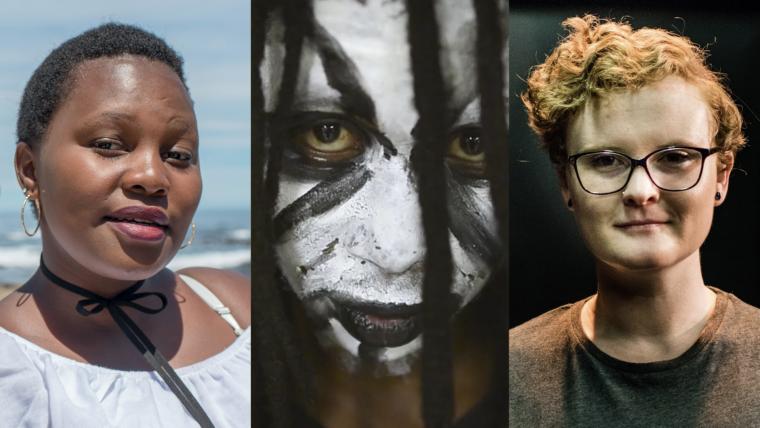
How Team Lioness is transforming the legacies of women and wildlife in Kenya
Darkness wraps around the compound, but those inside the lodgings are wide awake. Purity Lakara, along with the other seven members of Team Lioness, is preparing for a long day in the savannah. Her job and that of her co-workers is to serve on the front line against poachers in their territory, the traditional Maasai lands surrounding the Amboseli National Park in Kenya. Handpicked to serve, these eight rangers are the first women in their families to secure employment.
In Maasai culture, women do not traditionally hold jobs. But a village leader, Kirayian Katamboi, called on the International Fund for Animal Welfare to fund an all-women team of rangers who represent their respective tribes. Maasai women hold local conservation knowledge, and spend their days in close communion with nature. With training from IFAW specifically geared towards safeguarding the natural world, Lakara and others like her are able to support their families. “We are protecting wildlife and the community, but we are also risking our lives,” Lakara says
Every day holds the possibility of death, especially as poachers become increasingly desperate to feed their families. In 2020, 138 rangers died in the line of duty around the world. The impact of COVID-19 on popular safari destinations has drastically cut the income of parks, leaving the surrounding communities impoverished and borders undefended. Lakara and her team remained on-site throughout the lockdown imposed in Kenya, playing a crucial but difficult role away from their loved ones for months.
Despite the discomfort of being a trailblazer, Lakara is buoyed by the progress she and her team are making for girls and women. A life beyond stereotypical roles is possible for those who dare to pursue one. “To my fellow young sisters, let us work hard because we can also make it,” Lakara says.
Footage from International Fund for Animal Welfare was used in the creation of this film.






























Please sign in to leave a comment